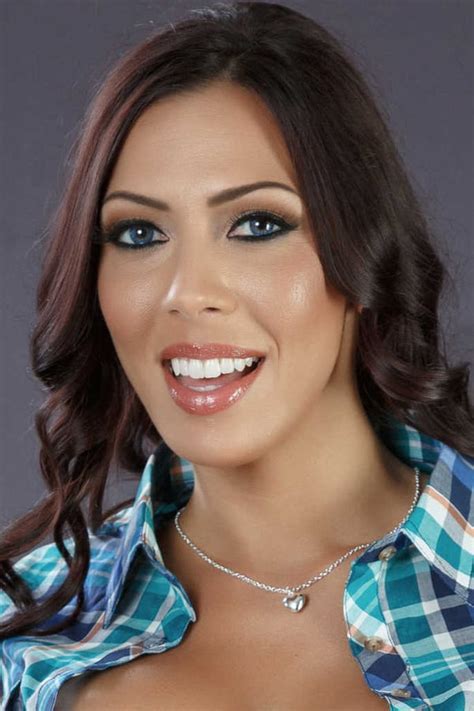5 Counseling Tips
Effective counseling is a highly personalized and multifaceted process, tailored to meet the unique needs and circumstances of each individual. It involves a deep understanding of psychological principles, emotional intelligence, and empathetic communication. For those seeking to navigate life’s challenges, whether they be related to mental health, relationships, career development, or personal growth, counseling can provide invaluable guidance and support. Here are five counseling tips that can help individuals make the most out of their counseling experience:
Understanding the Foundation of Counseling
Counseling, at its core, is about fostering a therapeutic relationship between the counselor and the client. This relationship is built on trust, confidentiality, and a non-judgmental attitude. The counselor acts as a facilitator, guiding the client toward self-awareness, personal growth, and the development of coping strategies. It’s essential for clients to understand that counseling is not about being “fixed” by someone else but rather about empowering themselves with the tools and insights needed to address their challenges.
Setting Clear Goals and Expectations
One of the first steps in a successful counseling process is setting clear, realistic goals. These goals should be specific, measurable, achievable, relevant, and time-bound (SMART). By defining what they hope to achieve through counseling, individuals can focus their efforts and track their progress. It’s also crucial to discuss and understand what to expect from the counseling sessions, including the frequency of meetings, the therapeutic approach used by the counselor, and how progress will be evaluated.
Active Engagement and Honesty
Active participation and honesty are key to the success of counseling. Clients should be open about their feelings, thoughts, and experiences. This includes sharing fears, hopes, and any concerns they might have about the counseling process itself. The more honest and engaged a client is, the more tailored and effective the counseling can be. It’s also important to remember that counseling is a collaborative process; feedback and questions from the client are not only welcome but also essential for adjusting the counseling strategy as needed.
Practicing Self-Care and Patience
Counseling is a journey, and like any journey, it has its ups and downs. It’s a process that requires patience, self-compassion, and consistent effort. Practicing self-care outside of counseling sessions is vital. This can include engaging in activities that promote relaxation and stress reduction, such as exercise, meditation, or spending time in nature. Additionally, understanding that personal growth and healing are not instantaneous but rather the result of gradual, often small, changes can help manage expectations and reduce frustration.
Seeking the Right Counselor
Finally, finding the right counselor can significantly impact the effectiveness of counseling. It’s about finding someone with whom you feel comfortable sharing personal information, someone who understands your specific needs and concerns, and someone whose approach resonates with you. It might be necessary to meet with a few different counselors before finding the one that feels like the best fit. Don’t hesitate to ask about their experience, their therapeutic approach, and what you can expect from your sessions together. Remember, the counselor-client relationship is unique and personal, and it’s okay to take the time to find the right match.
Ultimately, the success of counseling depends on a combination of factors, including the client's willingness to engage in the process, the therapeutic relationship, and the application of learned strategies outside the counseling setting. By embracing the process with an open mind, a commitment to self-reflection, and a willingness to adapt, individuals can unlock the full potential of counseling and pave their way toward personal growth and fulfillment.
In conclusion, counseling offers a supportive and guiding environment for individuals to explore their challenges, understand themselves better, and develop strategies for positive change. By understanding the foundations of counseling, setting clear goals, being actively engaged and honest, practicing self-care, and seeking the right counselor, individuals can maximize the benefits of their counseling experience and embark on a meaningful journey of self-discovery and personal development.
How do I know if counseling is right for me?
+Counseling can be beneficial for anyone facing life challenges, seeking personal growth, or needing support. If you’re considering counseling, it might be because you’re struggling with mental health issues, relationship problems, or significant life changes. The decision to seek counseling is a personal one, and it’s about recognizing when you could use professional guidance and support to navigate your situation more effectively.
What can I expect during my first counseling session?
+Your first counseling session is typically an introductory meeting where you and your counselor get to know each other. The counselor will explain the counseling process, discuss confidentiality, and ask about your reasons for seeking counseling. You’ll have the opportunity to share what brings you to counseling, ask questions, and begin to establish your goals for therapy. It’s a foundational session that sets the stage for your therapeutic journey.
How long does counseling typically last?
+The duration of counseling varies significantly from person to person and depends on several factors, including the complexity of the issues being addressed, the individual’s personal growth goals, and the therapeutic approach. Some people may find that their needs are met after a few sessions, while others may engage in counseling for several months or even years. The key is to continue as long as you find the process beneficial and supportive of your ongoing personal development.


